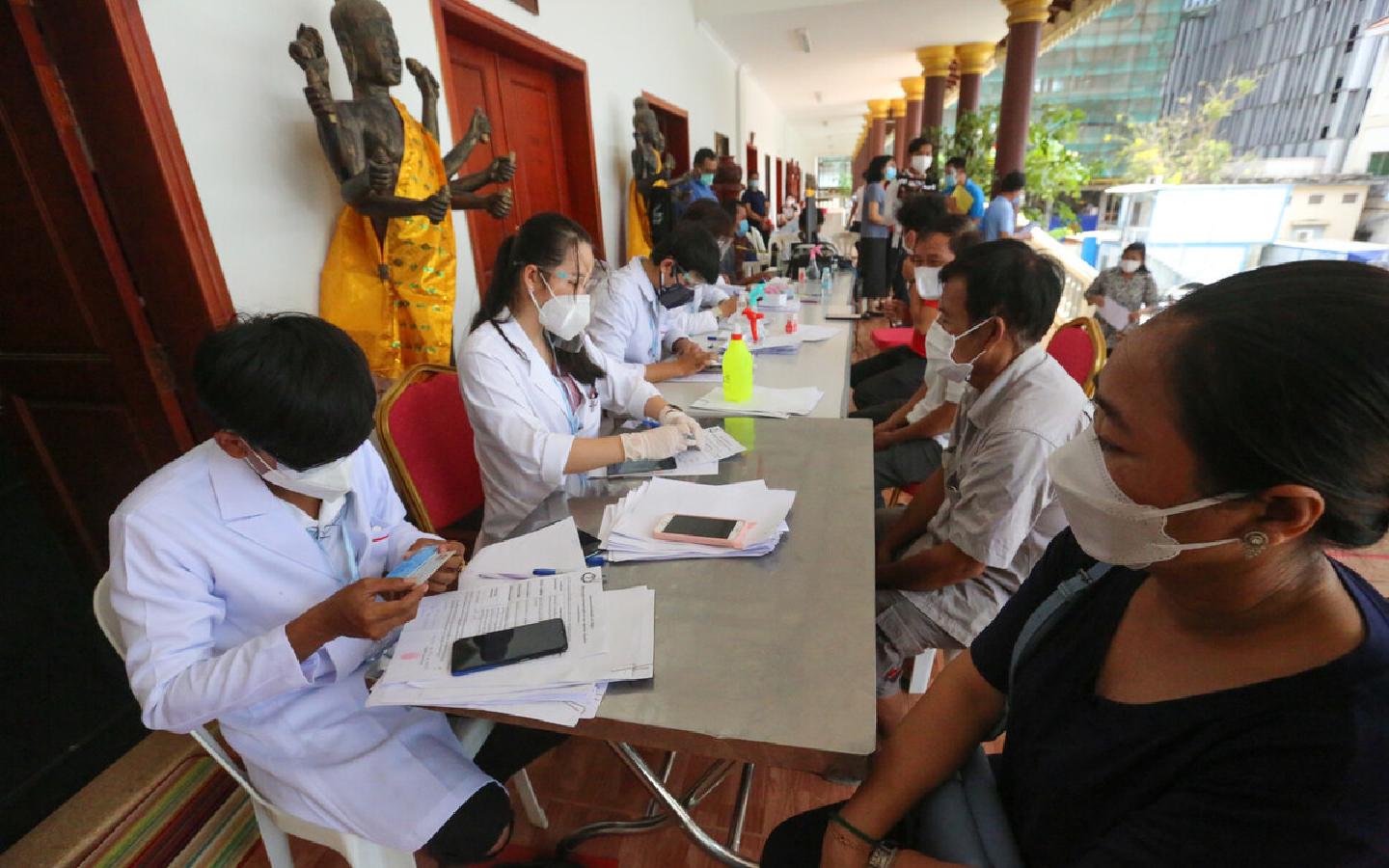From 2015 to 2020, ADB pioneered a regional technical assistance project, funded by the Nordic Development Fund, to help countries in the Greater Mekong Subregion better understand the link between climate change and human health and explore ways to enhance health system capacities to respond to climate-induced health threats.
Climate Change Exacerbates the Burden of Diseases in the Greater Mekong Subregion
With rising temperatures and changing weather patterns, the incidence of heat-induced and vector-borne diseases is increasing, particularly in the Greater Mekong Subregion. These risks disproportionately affect women, children, and older people living in poor urban communities or remote rural areas and migrant workers living in temporary settlements at the border areas. Climate factors also influenced the transmission of SARS-Cov-2, the virus causing the COVID-19 pandemic.
Faced with these two global crises that transcend national boundaries, countries urgently need to enhance their surveillance, forecasting, and response capacities to health system shocks linked to climate change. Public and private health institutions need better capacities for disease epidemiology, early warning systems, risk assessments, and effective communication approaches. Additionally, gender-responsive collection, analysis, and reporting of disaggregated data are needed to understand better the health implications of climate change and climate policies on vulnerable groups who face higher risks. Getting a step ahead of climate-sensitive infectious diseases requires planning and investments in adaptation and capacity building.
Financing Partnership for Enhanced Capacities
With governments understanding the key role of adaptation in establishing climate change–ready health systems, the Strengthening Resilience to Climate Change in the Health Sector in the Greater Mekong Subregion (GMS) project was approved for implementation in Cambodia, the Lao PDR, and Viet Nam. The project, financed with a $4.4 million grant from the Nordic Development Fund, focused on building knowledge and capacity on climate change, health, and climate-related investments in the health sector.
“This is ADB’s first initiative in Southeast Asia that addresses climate change adaptation in the health sector,” said Ye Xu, project officer. “It provided helpful lessons and experience for ADB in leading development efforts at the nexus of climate and health in collaboration with partners."
Better Equipped to Track and Fight Vector-Borne Diseases
By enhancing the capacities of participating countries and health agencies in climate change adaptation, the project helped reduce their vulnerability to climate-induced health risks, especially for vulnerable populations such as poor people, migrants, and ethnic minority groups in the GMS.
Concluded in 2021, the project specifically helped the three countries adopt national health adaptation plans to address climate-related health risks, including heat stress, dengue, malaria, and diarrhea. Detailed vulnerability and adaptation assessments for 14 high-risk provinces in the three countries were done, and more than 1,300 health sector practitioners were trained on climate change and health adaptation.
More than 600 policymakers from the public and private sectors participated in high-level advocacy meetings and workshops focused on national health adaptation strategies and the coordination of disease surveillance and responses, among other topics. ADB also organized the Nordic Seminar on Climate Change and Health during the 24th United Nations Climate Change Conference (COP24) in December 2018 to disseminate the project’s knowledge products.
The project also helped the three governments identify cost-effective investments to reduce mortality and morbidity caused by diseases related to climate change. These included establishing early heat warning systems for extreme weather that may result in heat stress and increased incidences of dengue and malaria, and upgrading health facilities to be more climate resilient, especially in remote, underserved communities.
Additionally, the project enriched the governments’ data gathering to cover the impact of climate change on public health. This was done by creating databases that combine epidemiological and meteorological information, improving the capacities of national and provincial health staff on surveillance systems for climate-sensitive diseases, and analyzing epidemiology data to understand health challenges unique to women, children, and other vulnerable groups.
"This is ADB’s first initiative in Southeast Asia that addresses climate change adaptation in the health sector. It provided helpful lessons and experience for ADB in leading development efforts at the nexus of climate and health in collaboration with partners."
~ Ye Xu, ADB health specialist
Share

